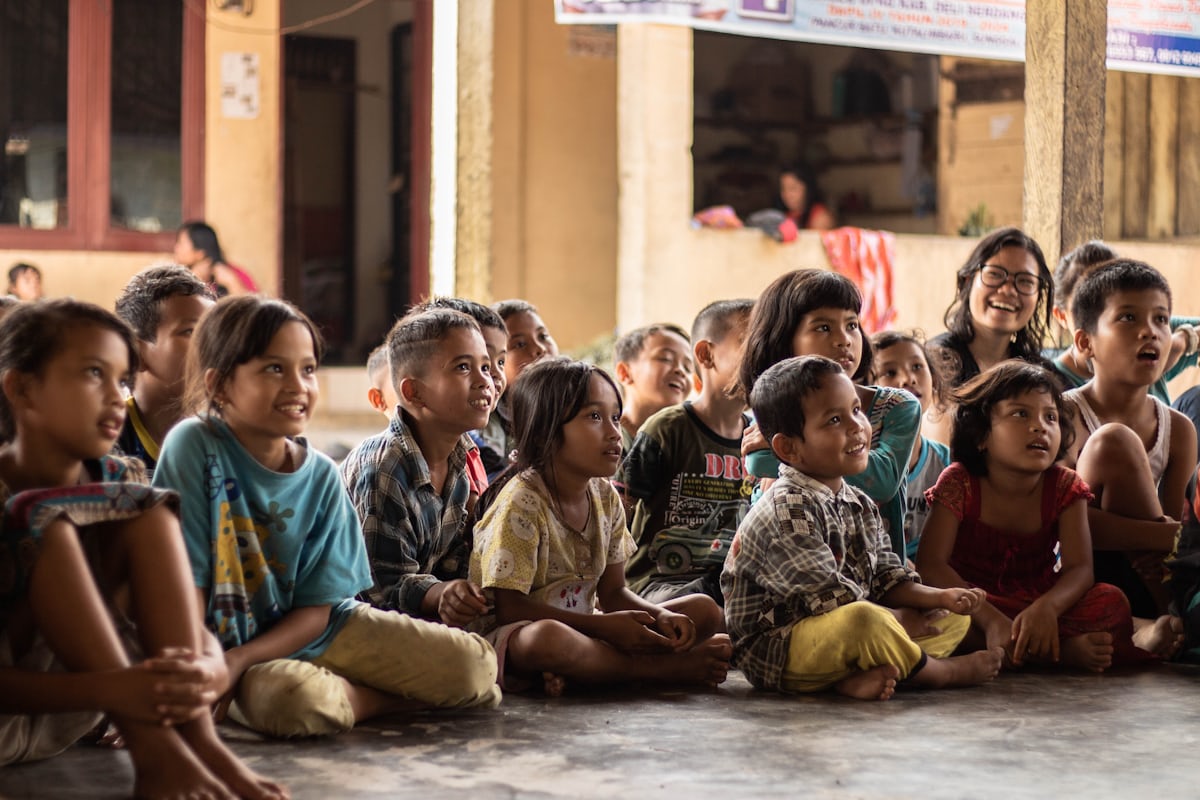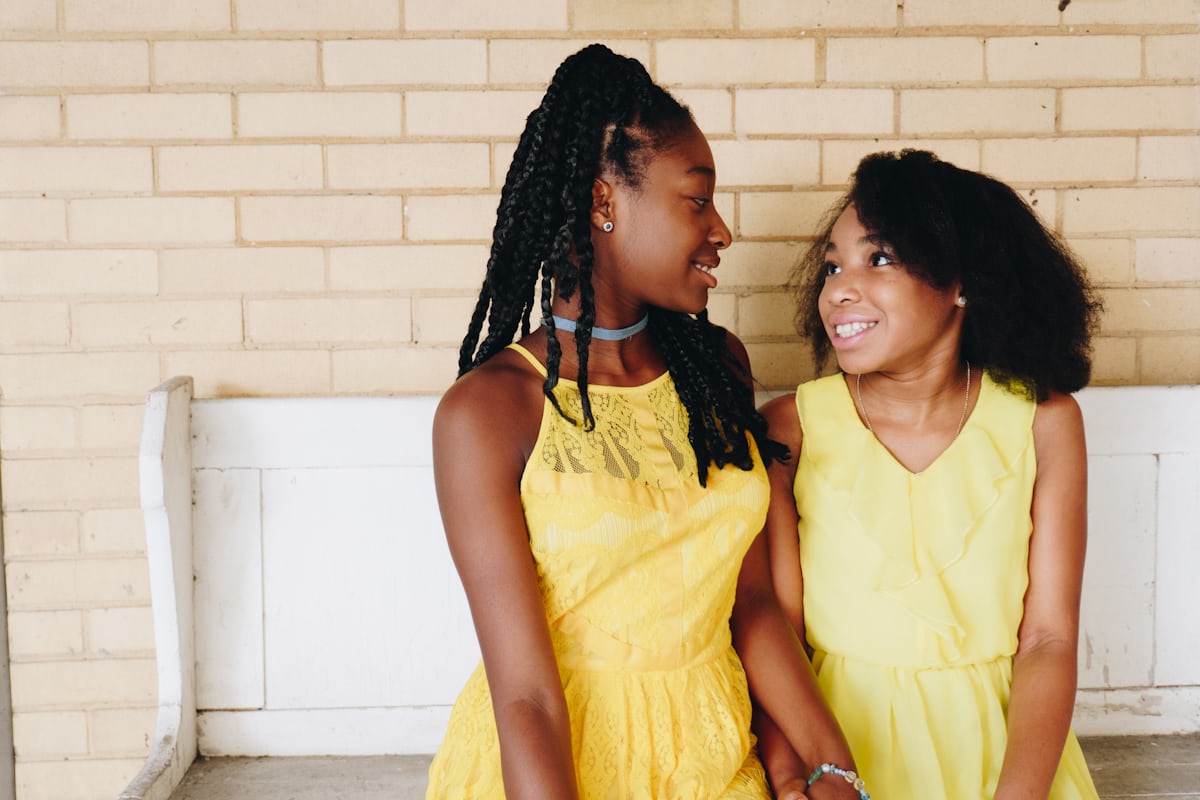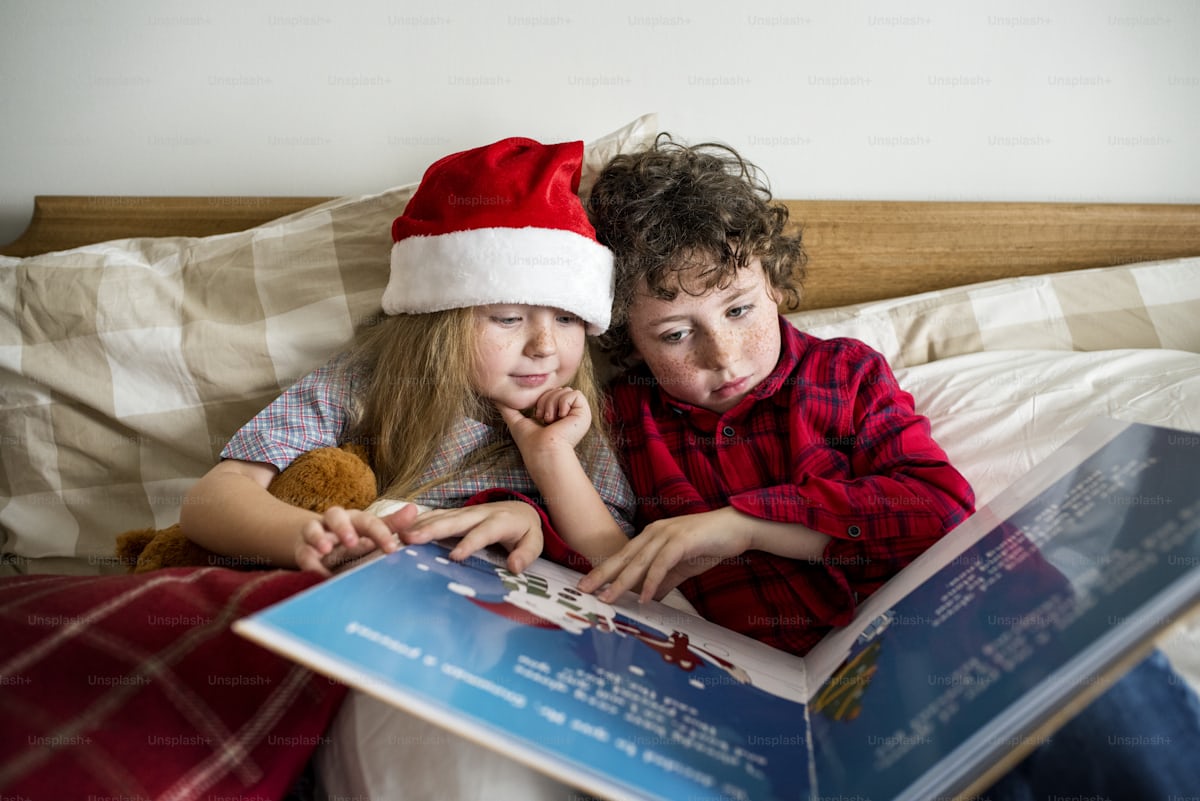The holiday season is often viewed as a time of joy and togetherness. However, it can cause stress and conflict for many families. While these misunderstandings are challenging for adults, they can have a significant psychological impact on children. Understanding these influences is important for creating healthy environments during the holiday season.
Origins of family conflicts during the holidays: Holidays often bring expectations, financial pressures, and social obligations, which exacerbate family tensions, leading to conflict over issues such as parenting style, financial decisions, or unresolved personal grievances. For children who are naturally sensitive to their surroundings, witnessing these conflicts can be stressful and confusing.
Psychological problems in children
Increased stress and anxiety: Children thrive in stable, predictable environments. When family conflict disrupts this stability, children can experience severe stress. If parents or relatives are involved, they may worry about the safety of their family unit or feel torn between loyalties.

Emotional insecurity: Witnessing frequent or intense arguments can make children feel unsafe in their homes. Conflicts can lead to feelings of guilt or insufficient guilt.
Behavioral changes: Children exposed to family conflict may exhibit behavioral changes such as withdrawal, aggression, or difficulty concentrating. These behaviors often reflect their struggle to process their feelings and navigate a stressful environment.
Effects on Relationships: Family conflicts during the holidays can affect the way children view their relationships. They may develop a fear of confrontation, which may make it difficult for them to express their needs or feelings in the future. Instead, they may normalize unhealthy patterns, which can harm their future relationships.

Long-term effects: Repeated exposure to family conflicts, especially during emotional times like the holidays, can have long-term effects. It can contribute to mental health problems such as depression, anxiety or low self-esteem and can later affect their ability to form healthy relationships.
Minimize the impact on children
Open Priorities: Communication Encourage open and honest discussions within the family. Handling conflict calmly and respectfully not only solves the problem but also sets an example of healthy communication for your children.
Protect children from fighting: Avoid fighting in front of children as much as possible. If you have any disagreements, please keep it out of your ears and discuss it in a private place.
Create a safe space to feel: Allow children to express their feelings about family dynamics. Validate their feelings and reassure them that their pain is not their fault. Focus on shared joy: Direct family energy into positive, shared experiences, such as decorating, cooking, or hosting games. These intimate moments help overcome stress and create beautiful and lasting memories.

Seek professional help: If conflict persists or is particularly severe, seek family therapy. Therapists can help each participant by providing tools to manage conflict and promote healthy relationships.
The holidays should be treated with respect and love, especially for children. While family conflict is sometimes unavoidable, understanding its impact and taking steps to minimize the damage can help make the season more enjoyable. By prioritizing harmony and emotional well-being, families can ensure the holidays are a precious time for everyone.
Reference https://www.betterhelp.com/advice/family/understanding-the-effects-of-family-conflict-on-child-development/
EFFECTS OF PARENTAL CONFLICT ON CHILDREN
https://www.umpod.cz/documents/35829/87937/Impacts+of+family+conflict+on+a+child.pdf/f4276169-8e09-88b8-f361-5f0b298b1a89?t=1698149941898
https://timesofindia.indiatimes.com/blogs/voices/family-conflict-and-its-effect-on-children/
https://www.scottishconflictresolution.org.uk/blog/how-family-conflict-affects-childhood-mental-health
https://www.fcfcoa.gov.au/fl/pubs/conflict-effects-children
 using WordPress and
using WordPress and
Comments are closed